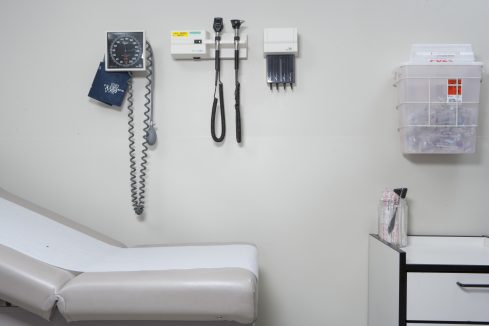A trip to the ER is one of the worst experiences of our lives. Once you leave, and you’re on the road to recovery, you can be hit with another surprise, the medical bills. Having your financial security threatened after a healthcare scare is traumatic. The average trip to the emergency room can cost more than a mortgage payment, so it’s great to be prepared with ways to save money. Here are some ideas that will help you cut costs if you find yourself in this unpleasant experience.
Is It An Emergency?
A lot of trips to the ER can be handled by a primary care doctor. You might be feeling tired or fatigued and suffer from low testosterone. More than 10 million men suffer from low T, and it’s not a life-threatening situation. Assess if your symptoms are life-threatening before you make any unnecessary trips. While you should always err on the side of caution, it’s best to use common sense too.
Be Specific
To avoid a battery of tests that will rack up your bill, be detailed about your symptoms to the medical team. While it’s good to be thorough, you can limit the extra tests by pinpointing exactly what bothers you. If you are an older American over 65, you are much more prone to falling, and it’s the leading cause of death and injuries for this age group. You’ll need to be specific after a fall since there are many types of issues that could occur.
Stay Organized
Medical records and a list of your prescriptions and medications will allow the medical team to treat you properly. You can avoid taking unnecessary meds that also can drive up your bill significantly. You should also have your files ready for trips to the urgent care. We go to urgent care to be seen faster, and it can slip our minds to have our stuff ready. You will likely visit urgent care at some point in your life. Data from 2016 reported more than 25% of people in the US had at least one urgent care visit.
Get an Itemized Bill
Mistakes happen, and you shouldn’t assume that they never happen in the medical field. An itemized bill will give you a full breakdown of the services you received, and you’ll catch any errors. Common mistakes include being charged for the same service twice or being billed for the medication you didn’t receive. Many hospitals are willing to provide significant discounts if you are a cash-pay patient or offer other finance options. With some negotiation, you can take the upper hand and save a huge chunk on your bill. Cash payments are much easier to process than going through insurance, and the hospital will work with you to arrange a discounted price.
Reject Unneeded Equipment
Hospitals like to provide you with lots of medical devices you do not need. Braces, slings, and wheelchairs are all hundreds or thousands of dollars that only end up becoming clutter in your closet.
Be Careful of Unwarranted Doctor Visits
Consultations from doctors cost an arm and a leg, and you have the right to reject any unneeded visits. Write down all visitors that come to your bedside and the reason they are there. A lot of medical personnel can show up whether you request them or not, and you will be charged.
Understand Your Length of Stay
Hospitals are allowed to keep you for up to three days on observation. You are charged different rates on observation status versus being admitted, and you need to understand how and why you are billed.

